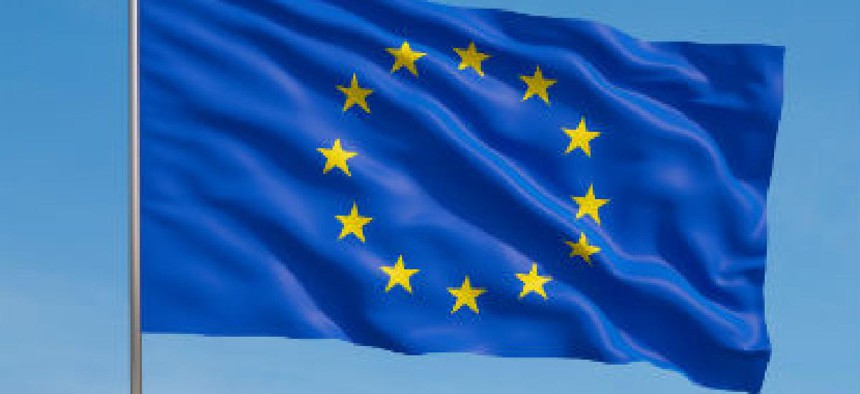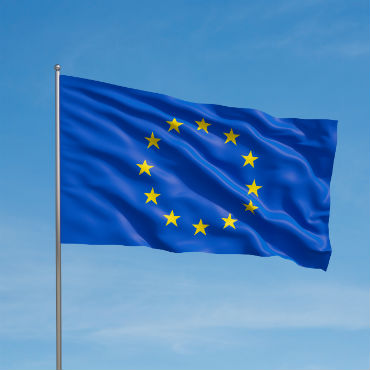Europeans OK trans-Atlantic data deal

One of the major players involved in the lengthy U.S./EU data transfer agreement process gave the thumbs-up on July 8.

Representatives of European Union member states approved the Privacy Shield framework on July 8, setting the stage for a resolution of the uncertainty that has plagued data transfers across the Atlantic.
Privacy Shield was initially negotiated in February to replace the Safe Harbor agreement that had previously governed U.S./EU data transfers. A European court struck down Safe Harbor late last year.
Affecting billions of dollars in international trade, the replacement agreement has been a long time coming as privacy-conscious Europeans navigated concerns about the use of citizens' data for U.S. government surveillance and U.S. companies' advertising.
The Privacy Shield agreement would task the Commerce Department with helping Europeans pursue redress if they believe American companies are misusing their data.
Although the EU's Article 31 Committee approved the deal, Reuters reported that a few central and southeastern European countries' representatives are still concerned about privacy protections and abstained from the vote.
The Article 29 Working Party, a group composed of EU Data Protection Authorities that is also involved in the vetting process, has been skeptical about the framework.
As FCW reported last month, even if Privacy Shield is enacted, it's unlikely to settle privacy tensions between the U.S. and EU, and legal challenges are likely.
Nevertheless, in a July 8 statement, the European Commission defended the arrangement and said the most recent approval demonstrates strong support from EU member states.
"[Privacy Shield] is fundamentally different from the old 'Safe Harbor': It imposes clear and strong obligations on companies handling the data and makes sure that these rules are followed and enforced in practice," European Commission Vice President Andrus Ansip and Justice Commissioner Vera Jourova wrote. "For the first time, the U.S. has given the EU written assurance that the access of public authorities for law enforcement and national security will be subject to clear limitations, safeguards and oversight mechanisms and has ruled out indiscriminate mass surveillance of European citizens' data."
Jourova plans to speak with the European Parliament's Civil Liberties, Justice and Home Affairs Committee about the deal on July 11, and a signing could come the next day.
U.S. Commerce Secretary Penny Pritzker is scheduled to meet with Jourova regarding Privacy Shield on July 12, where some observers expect the deal to be finalized.


